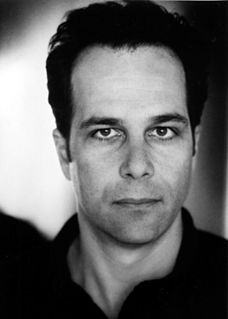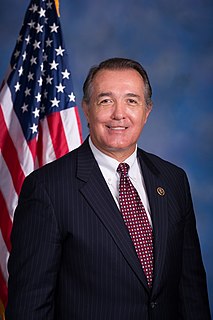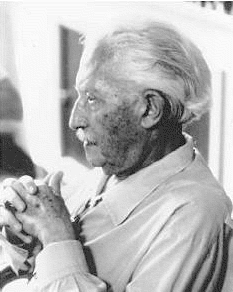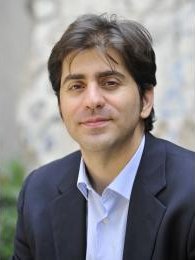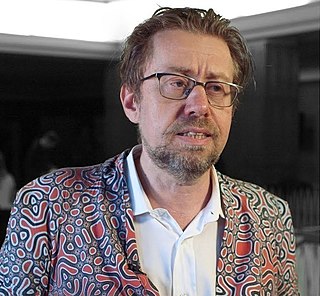A Quote by Scott Gottlieb
Politicians wage broad wars on medicine to claim thin strips of ideological terrain. This would be good political theater if there weren't so many human victims.
Related Quotes
Christians, indeed, have a special obligation not to forget how great and how inextinguishable the human proclivity for violence is, or how many victims it has claimed, for they worship a God who does not merely take the part of those victims, but who was himself one of them, murdered by the combined authority and moral prudence of the political, religious, and legal powers of human society.
Our modern lifestyle is not a political creation. Before 1700, everybody was poor as hell. Life was short and brutish. It wasn't because we didn't have good politicians; we had some really good politicians. But then we started inventing - electricity, steam engines, microprocessors, understanding genetics and medicine and things like that. Yes, stability and education are important - I'm not taking anything away from that - but innovation is the real driver of progress.
There is more to American politics than fat cats and their political friends. There are serious-minded liberals who fight the good fight on many issues, ecologically oriented politicians who remain true to their cause, and honest people of every political stripe who are not beholden to any wealthy people. But there are not enough of them, and they are often worn down by the constant pressure from lobbyists, lawyers and conventional politicians.
A brilliant inquiry into the contemporary Iranian predicament and what it means for the world. At a time when all too many of our leading thinkers are mired in the weeds of provincialism and narrow ideological wars, Postel has written a work of grace, intelligence, and towering integrity. Reading 'Legitimation Crisis' in Tehran is nothing less than a masterpiece of moral and political criticism.
It is sad to witness the persistence in our society of the racism and xenophobia that seems to be a permanent part of our political culture. It is shameful to see politicians exploiting these human weaknesses in order to gain political power. It is most depressing of all to contemplate a future in which politicians who do this will continue to have influence over people's lives.
According to Buddhism, each person is a Buddha who has forgotten their original nature. If we in the pampered West, having grown up with so many advantages, could not claim our own health and our agency, preferring to see ourselves as helpless victims, then who would do it? Who would take responsibility for the world?



